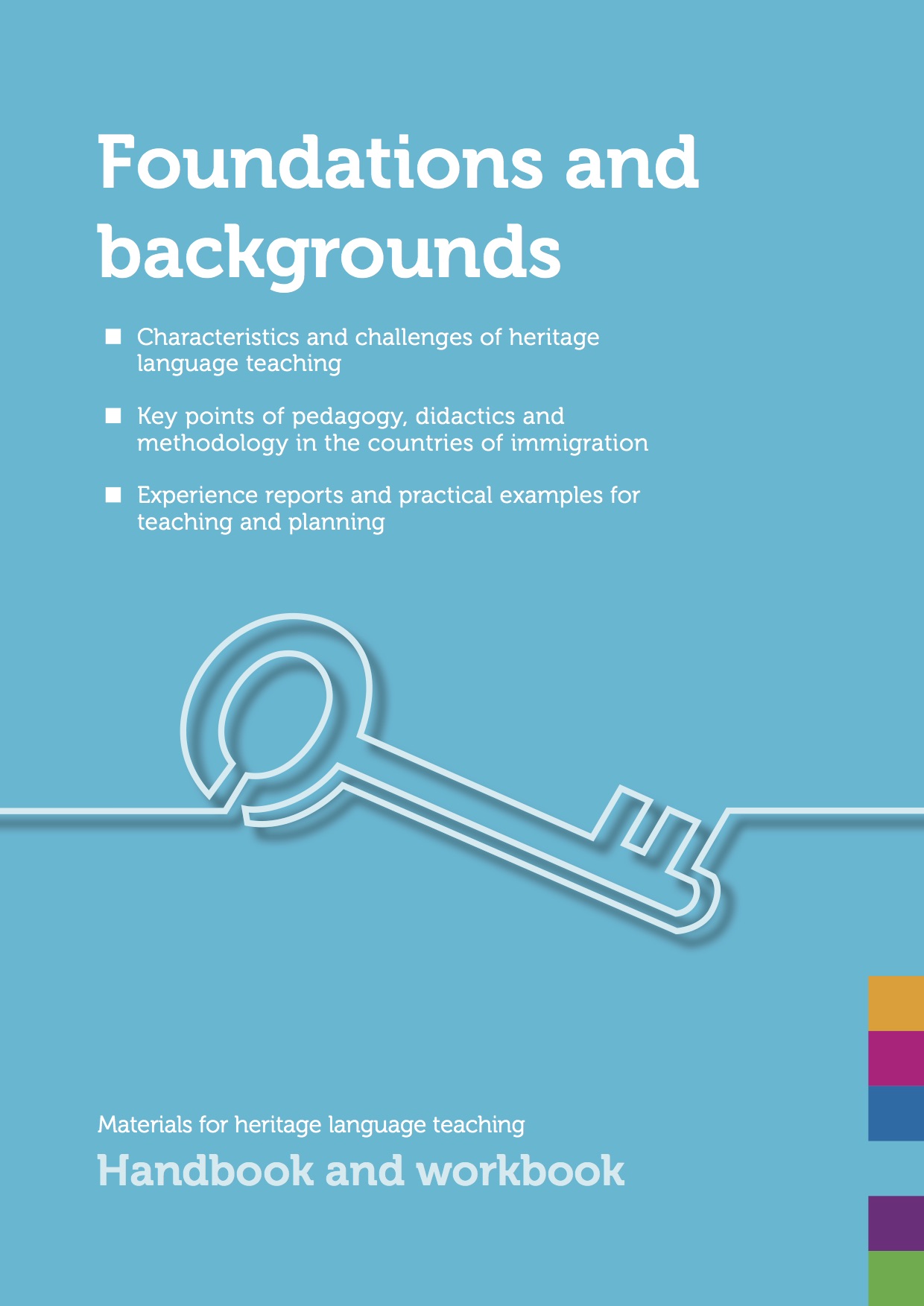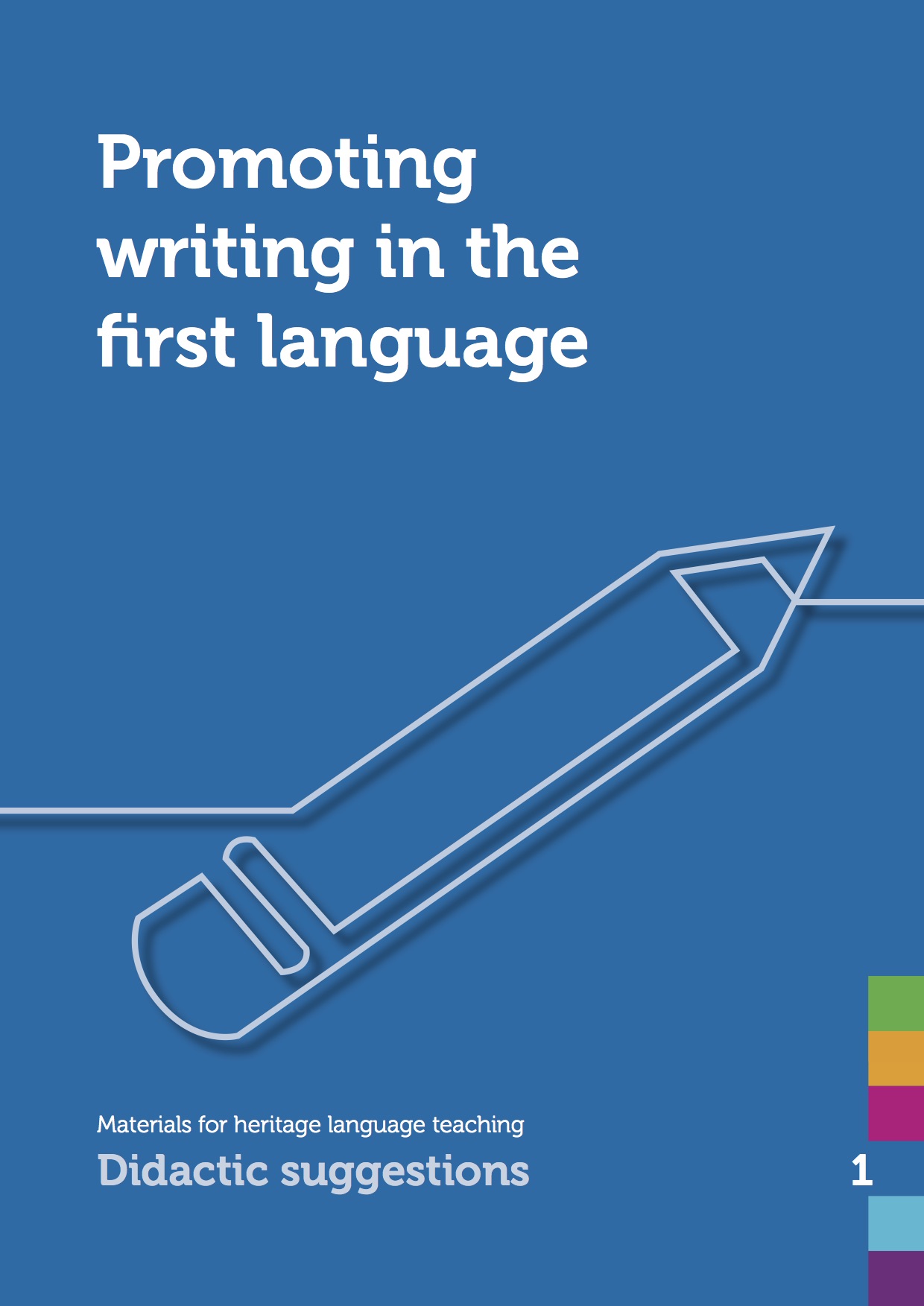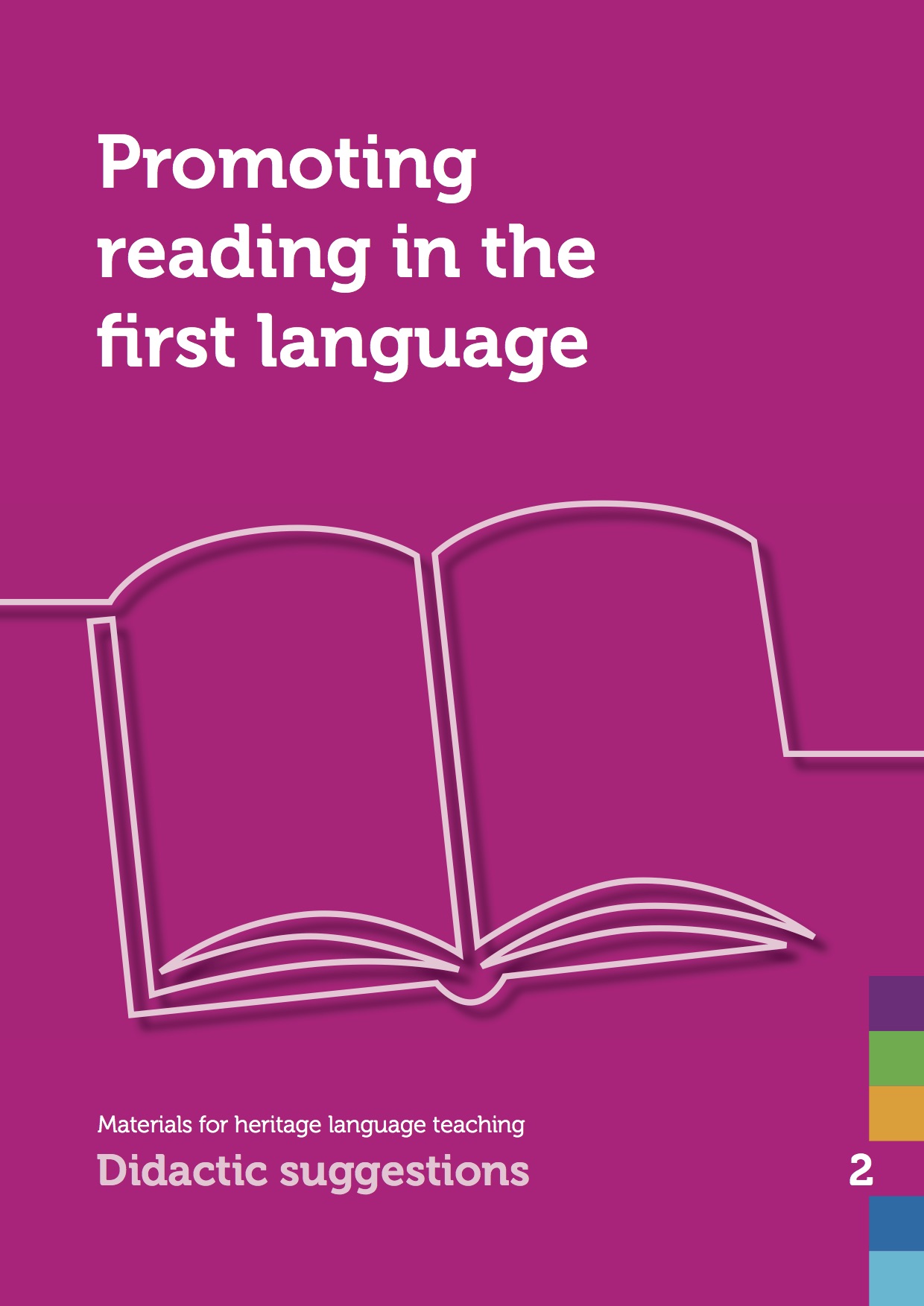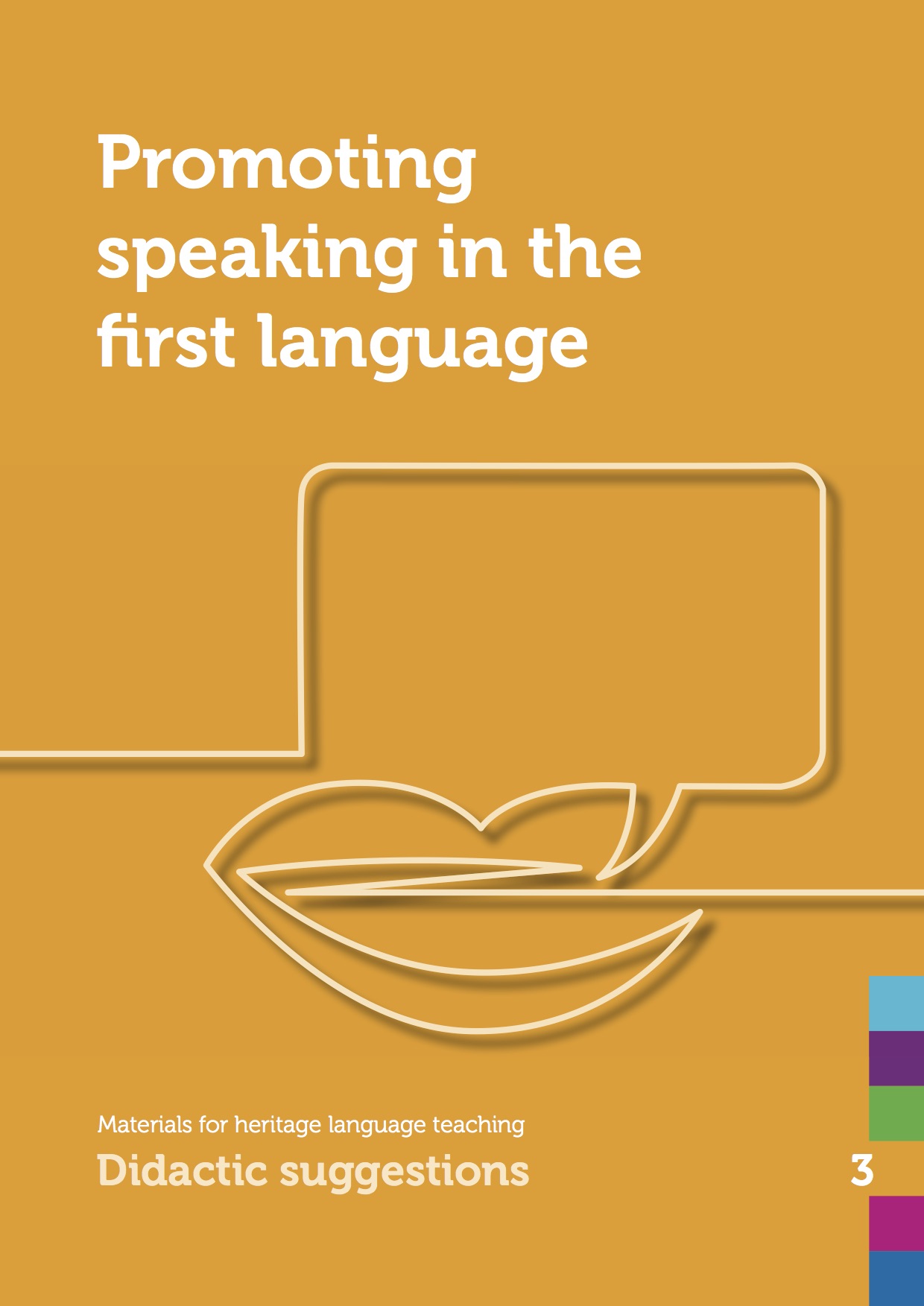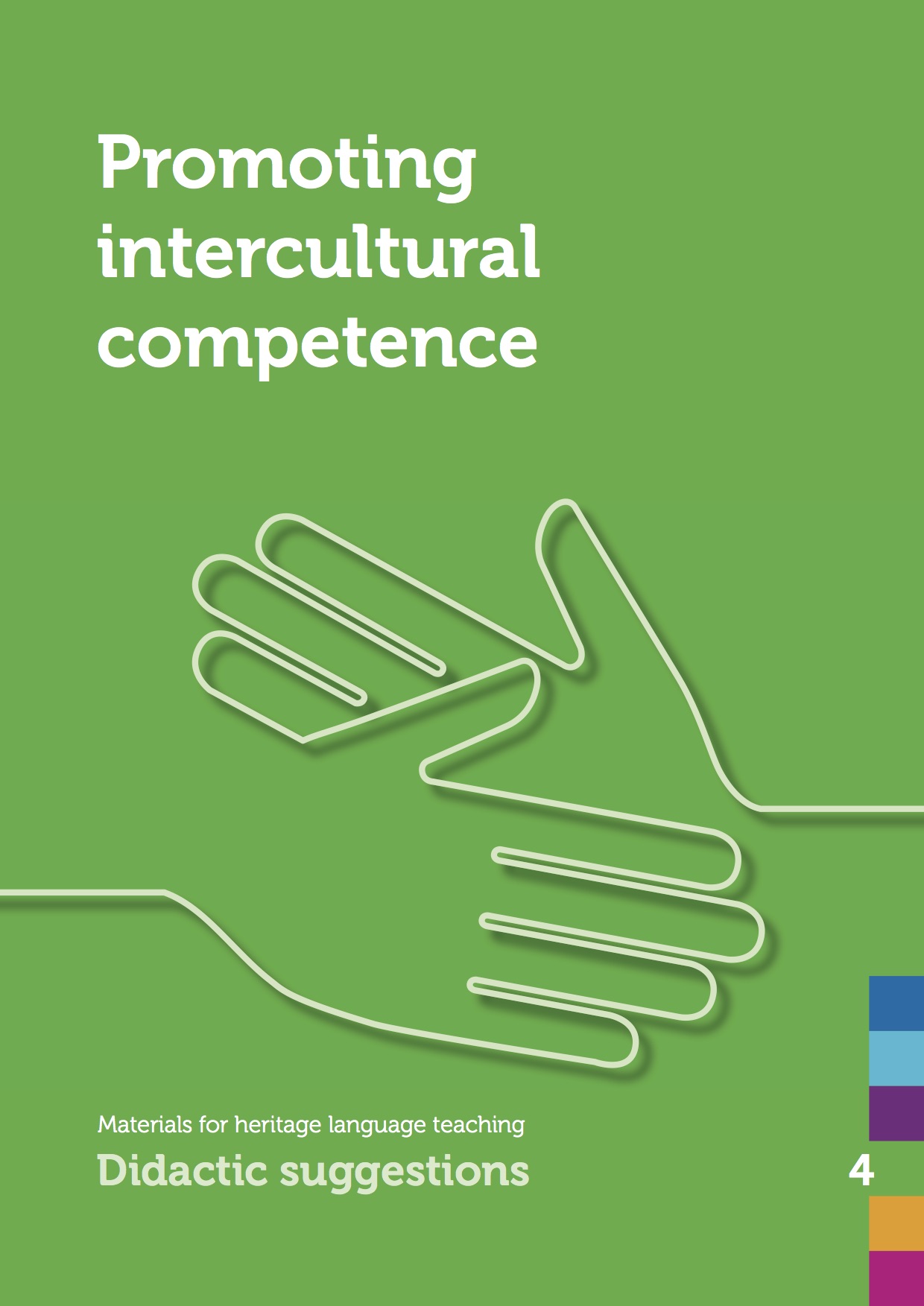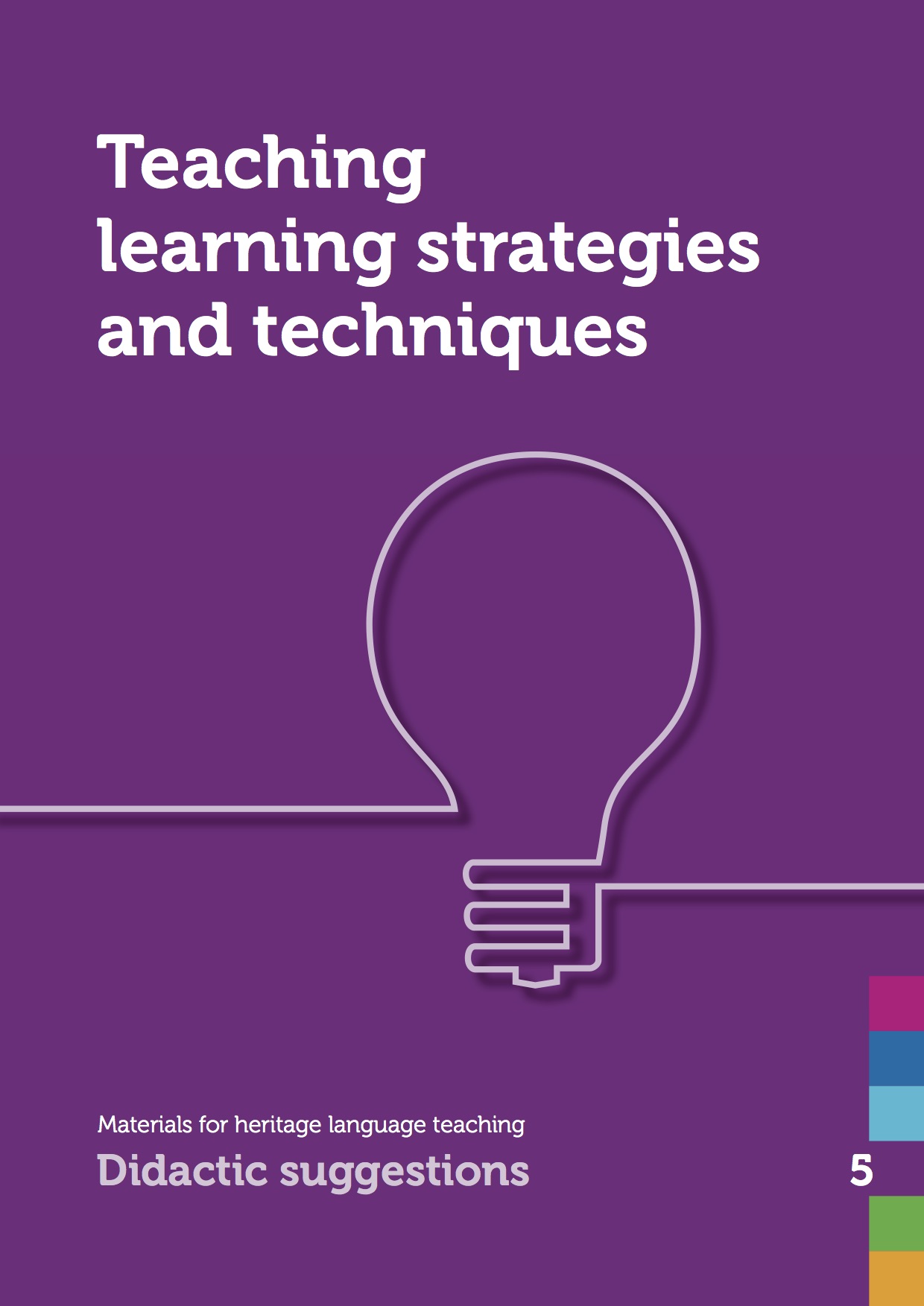1. Growing up in, with and between several languages: HLT students report
Nuhat lives in Germany
My name name is Nuhat. I am 12 years old and was born in Germany. I live with my family in Münster in the Hiltrup district. I like to play soccer in my spare time, I am also active in a soccer club. When I get together with my friends, I like to hear Kurdish music and I play on the play station. My friends are primarily from Kurdistan and Germany. In addition, I have Russian and Polish friends. I have three siblings and I am the middle child. My parents have been living here since 1985. We live in a multigenerational house, as our grandparents live also in the house with us. My grandparents speak no German. On the other hand, I speak Kurdish very poorly. Because of these communication difficulties, the native language instruction is very important to me. We speak Kurdish at home. My older siblings speak it very well, but unfortunately I don’t. I was raised with the Kurdish and German language. With my Kurdish friends, I speak Kurdish as well as German. But with the non-Kurdish friends, we communicate in German. Aside from these languages, I encounter Russian, Polish, English, Arabic and Italian in my environment.
Marlene lives in Switzerland
My name is Marlene Pinto. I am 13 years old and currently attend the 7th grade class in Frauenfeld. I was born in Switzerland and also live here. At home, I speak not only Portuguese, but also Swiss German. I speak Swiss German mostly with my sister and with friends in my spare time. I have been attending weekly Portuguese classes since I was seven. Even though it falls on my only free afternoon, I look forward to it every time because I like to speak another language. This language enables me to chat with my relatives and to get around in countries like Portugal or Brazil. In school, I learn not only High German, but also English and French. The advantage of my being bilingual is that I am able to remember many words easily because of their similarity with Portuguese. Languages play an important part in my life, that is why English is also one of my favorite subjects.
Vanessa lives in Sweden
My name is Vanessa, I am 14 years old and attend seventh grade. I was born and reared in Sweden as daughter of Albanian parents. In school, I learn not only Swedish, but also English and Spanish. My favorite language is Albanian. I learn and speak it not only at home, but also in Albanian classes in school. We enjoy great conditions in our school: all students have a laptop with internet access. The computer is our main “tool” in the classroom. We use it also for Albanian classes, e. g., in order to find a lot of material on Albanian websites. This has allowed us to learn a lot and it facilitates a closer contact with my home country and my relatives in Kosova.
Arbër and Nora live in Vienna
Arbër and Nora received in Albanian class a worksheet assignment with the outline of a child with the following instructions: “Imagine that you are the child on this page. Now, think about the languages that you speak yourself, and which languages you hear in your environment. Which language would fit where in this outline? Draw them in, using different colors and write next to them which color belongs to which language.”
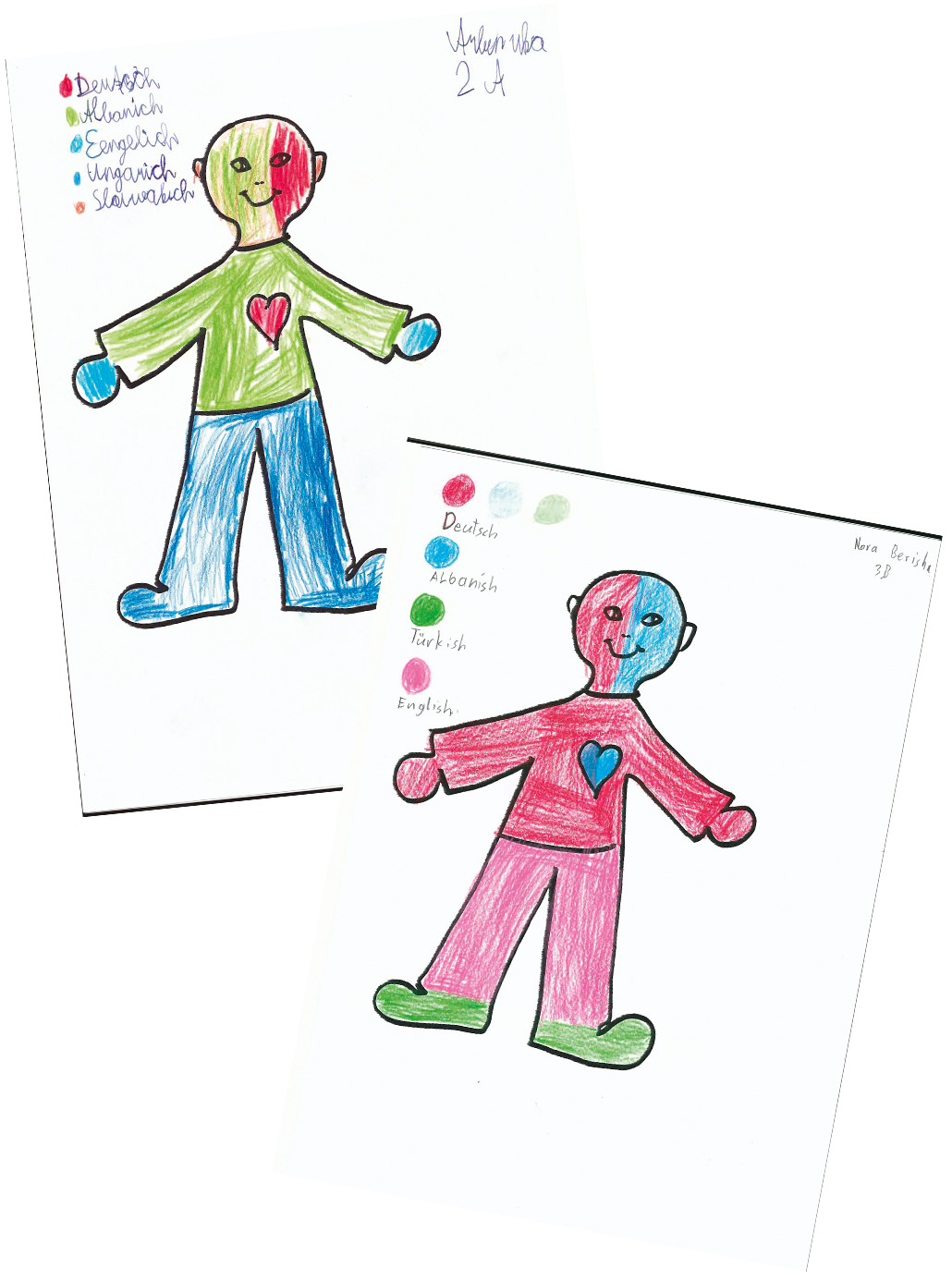
Abir lives in England
(Report by the teacher Ola Koubayssi, London)
Abir was born in London and is the daughter of a French mother and a Sudanese father. She speaks French and English fluently. She came to the Arabic HLT in order to learn Arabic – the language of her father.
One of Abir’s hobbies is to read stories and write in French. I suggested to give her short French texts, which I would then translate into Arabic for her. This idea motivated her very much. We worked intensively and now she understands, reads and writes Arabic better than most of the other students in the class. In the summer she is going to vacation in Sudan in order to chat with her grandparents there in Arabic!
2. A bitter experience: the loss of the relationship to the first language
Agnesa has Albanian roots and lives in Switzerland.
My name is Agnesa, I am 16 Jahre years old and was born in Switzerland. My first language is Albanian. I am currently attending a vocational college. My greatest wish is to go on holiday in my homeland and to master the Albanian language. Unfortunately, this is not the case. I have always great difficulties trying to communicate with the people there, be it in a shopping center or in the street. It is equally difficult for me to communicate with my acquaintances in writing SMS or in Facebook. Most of the time, I have to think how to translate a word from German or how to form a sentence. I am often ashamed that I do not have a good command of my own mother tongue.
I have been living here in Buchs for a long time; unfortunately, there was never an Albanian HLT here. This is also the main reason that I find myself in this situation today. Had there been an Albanian HLT, I would have attended with pleasure and pride. In my opinion, every child has a right to learn his/her mother tongue, because it is something important and society needs it as well. I have seen myself that it is also useful to use one’s first language professionally. After all, what young persons would not like to work in a business that belongs to a compatriot and where they can use their own language? But if one does not have sufficient command of that language, this possibility does not exist…
3. Specific planning examples focused on comprehensive language promotion
Samia Hamdan-El Ghadban: basic framework for language work in a double lesson for HLT high Arabic, lower level/beginners
Samia Hamdan-El Ghadban hails from Lebanon and works in Geneva as HLT instructor for Arabic.
- 15 Minutes: conversation/class discussion; topic chosen by the instructor of the students. Goal: the furthering of free oral expression in an informal atmosphere. At the same time, it allows the students to become aware of different regional and dialectal forms in spoken Arabic.
- 15 Minutes: repetition of the previously learned characters and words. Dictation once a month. Goal: acquisition of Arabic script and high Arabic vocabulary.
- 35 Minutes: new lesson. Introduction of a new character with different methodological approaches. Reading of the new character and words which contain the new character with different vocalizations. Goals: as in 2.
- 15 Min. Break
- 25 Minutes: Discussion of a new text book. Goal: work on oral competence in high Arabic.
- 10 Minutes: individual work (fill-in or color something, etc.). Individual support by the teacher. At the end, all the children in the class show what they have made.
- 10 Minutes: Conclusion with a song (with indications of correct intonation) or story reading.
Etleva Mançe: vocabulary and language work in terms of a double lesson on the topic of “Food and drink/healthy eating”; classes 1–10 (3 stage groups)
Etleva Mançe hails from Albania. She has been living in Cologne for 22 years and has worked as HLT instructor of Albanian for five years.
Lesson topic: Food and drink; experience field: healthy eating; goals: linguistic: training and solidifying of subject- related vocabulary (names of fruit and vegetables); application; linking of first and second language. Content: strenghten awareness of good nutrition and of products from the country of origin. Social: strengthening of the ability for cooperation and social skills for group work.
Planning template:
| Phase /time | Classroom activity | Media, Materials |
Methodological- didactic commentary |
| 10 minutes. IntroductionTransition |
The instructors greets the students. All students are up front in a circle. Introduction of topic with the help of a little basket with fruit and vegetables. Name everything in German and Albanian.The instructor places little cards (pictures and names (German and Albanian) of fruit and vegetables) randomly on the table. The students arrange the cards with pictures and names. |
Little basket with fruit and vegetables |
Establish contact / create curiosityActivate prior knowledgeActivate vocabularyConnect first and second language |
| 15 minutes developing 1
5 minutes |
Each student selects a vegetable or fruit and looks for the corresponding name cards (Albanian and German). The name cards are then placed in the circles: Albanian on the left, German on the right side. In the overlapping area place words like “banana”, which are more or less ± identical in both languages. Dialectal variants for certain objects (e. g. potatoes) will also be discussed.
Finally, the results will be reviewed and discussed once more in plenary. |
Cards, little basket, fruit and vegetables 2 circles that partially overlap, on the floor |
Awareness through touching and observing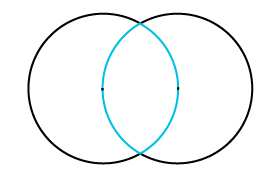 Understanding Understandingand strengthening of conceptsRecognize differences and similarities in the two languages |
| 20 minutes developing 2 | Three groups are formed according to age.
|
class 1–4 worksheetclass 5–7 worksheetclass 8–10 worksheet |
Work in pairs, mutually controlling each other
Verification of reading and writing skills. Partner-feedback Group work, Promotion of capacity |
| 5 minutes | Break | ||
| 10 minutes repetition and securing 2 | Students compare their solutions in their stage group.
They present the results in the plenary, discuss them and make comments. |
worksheet | Exchange opinions
Control |
| 20 minutes developing 3 |
Internal differentiation: quick learners receive an additional worksheet. |
games worksheet mind-Map small posters (A3) |
Promotion of capacity to work in a team
Social competences Promoting capacity for argumentation Consolidation of acquired knowledge |
| 5 minutes securing 3 | Presentation and discussion of the results in the previous phase in plenary with small posters. | worksheet small posters (A3) | Consolidation; reinforcement of self-awareness; motivation |
| 5 minutes feedback |
Students attempt to find a common position/consensus. They submit their self-assessment in terms of their learning progress. With the worksheet “Çfarë të pëlqen?” (What do you like?) they ask each other and – as a homework assignment – also the members of their families. | worksheet smiley-cards (3 smileys: happy, medium, sad) |
Students reflect on the newly-acquired competences |
4. Rabie Perić Jašar: Good experiences with bilingual instruction
Rabie Peric Jašar hails from Macedonia. She has been living in Vienna for 24 years, where she serves as HLT instructor of Romanes and is active in the Special Education Center, among other things.
Besides my work as HLT instructor for Romanes, I also take care of newly arrived Roma children. They are often very weak in Romani, their first language, because they used primarily the language of the country of origin (e. g. Macedonian). My basic principle is that these children should learn the German language in parallel with their mother tongue (e. g. parallel introduction of numbers or colors, songs and little plays in German and in Romani). It has been my experience that the children learn their mother tongue much better with parallel instruction in German and Romani.

